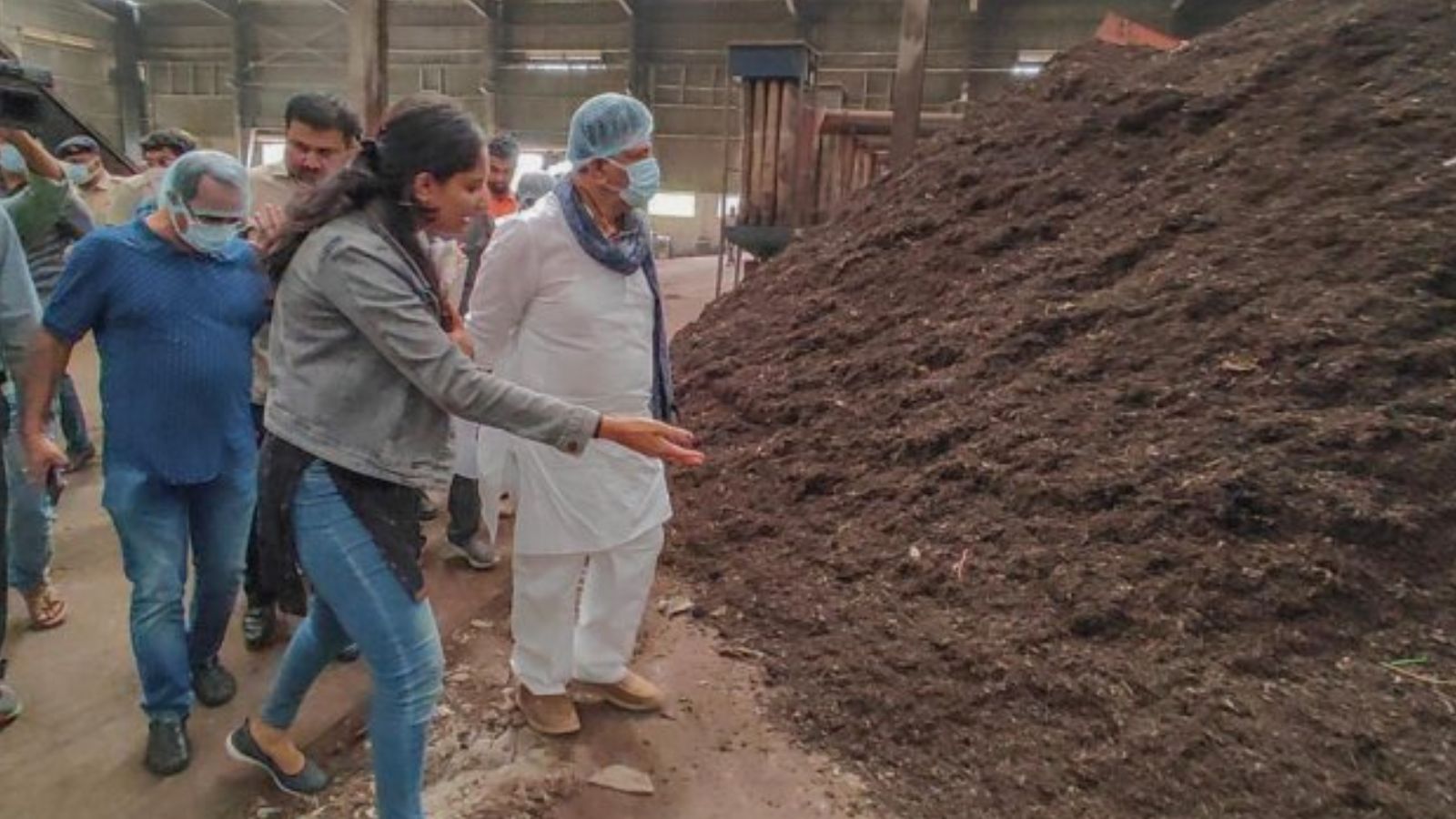In the wake of a surprise visit by former Karnataka Minister DK Shivakumar, the Bruhat Bengaluru Mahanagara Palike (BBMP) has announced plans to reactivate three waste processing plants in the city. This move comes as a response to the growing concerns over waste management and the need for sustainable solutions to tackle the mounting waste crisis in Bengaluru.
During his visit, DK Shivakumar inspected the waste processing plants and expressed his dismay over their inoperative status. Recognizing the urgency to address the city’s waste management challenges, he urged the BBMP to take immediate action in reactivating these facilities to alleviate the burden on existing landfill sites.
The decision to reactivate the three waste processing plants reflects the BBMP’s commitment to finding long-term, environmentally friendly solutions for waste management in Bengaluru. By reviving these plants, the BBMP aims to enhance the city’s waste processing capacity and reduce the dependence on landfills, which are already under strain due to increasing waste generation.
The reactivated plants are expected to employ advanced waste management techniques, including segregation, recycling, and proper disposal methods, to minimize the environmental impact of waste accumulation. This initiative aligns with the broader goal of promoting sustainable waste management practices and achieving a cleaner and greener Bengaluru.
The BBMP’s decision has been met with enthusiasm from environmentalists and citizens concerned about the city’s waste crisis. They view the reactivation of the waste processing plants as a positive step towards addressing the pressing environmental challenges and improving the overall quality of life in Bengaluru.
Efficient waste management is crucial for a city like Bengaluru, which has experienced rapid urbanization and population growth. By reactivating the waste processing plants, the BBMP aims to create a more sustainable and livable city for its residents, where waste is managed responsibly, resources are conserved, and pollution is minimized.
While the reactivation of the waste processing plants is an encouraging development, it is equally important to ensure their effective and sustained operation. The BBMP must invest in necessary infrastructure, implement stringent monitoring mechanisms, and actively engage with citizens to promote waste segregation and responsible disposal practices.
Moreover, the success of waste management initiatives hinges on the active participation and cooperation of citizens. Public awareness campaigns, educational programs, and community engagement efforts should be implemented to foster a culture of responsible waste management and encourage behavioral change among residents.
The reactivation of the three waste processing plants marks a significant milestone in Bengaluru’s journey towards efficient and sustainable waste management. It signifies the city’s commitment to combatting the waste crisis and underscores the importance of collaborative efforts between the BBMP, citizens, and other stakeholders in building a cleaner and more environmentally conscious Bengaluru.









